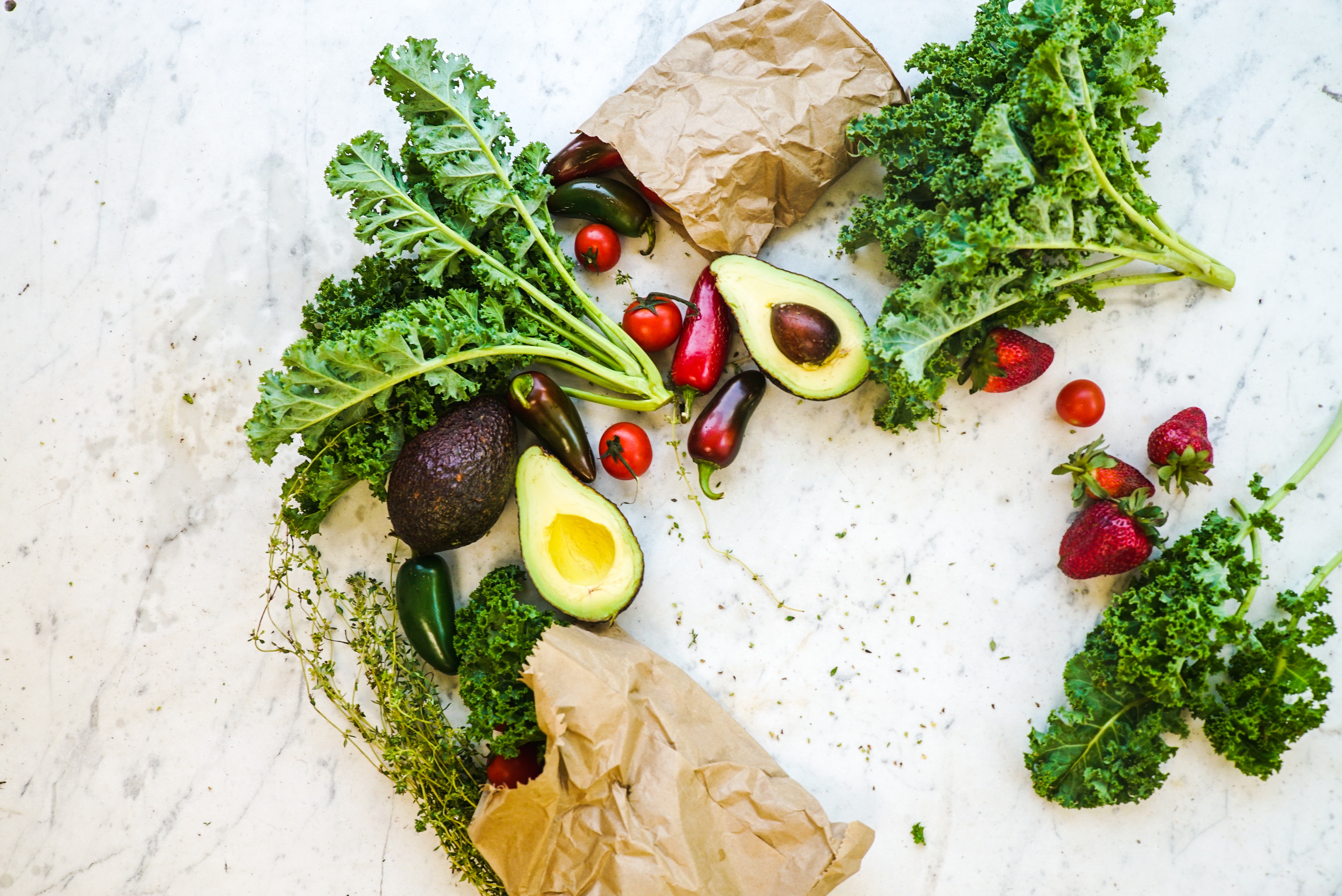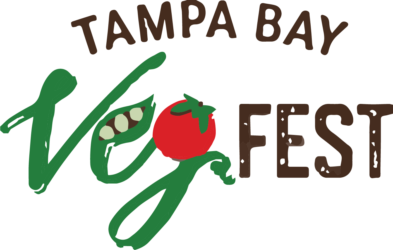
WHY IS TAMPA BAY VEG FEST A VEGAN EVENT?
Thank you to Vegetarians of Central Florida and Central Florida Veg Fest for your detailed explanation of a vegan lifestyle.
For Our Health:
Numerous studies have documented a plant-based diet as being healthier than diets containing animal products. Besides avoiding cholesterol, saturated fat and carcinogens found only in dairy products such as casein, plant-based diets omit the by-products of industrialized animal agriculture, such as growth hormones and antibiotics (According to Dr. Michael Greger, “Endogenous steroid hormones in food of animal origin are unavoidable as they occur naturally in these products. It’s not a matter of injected hormones, which are banned in places like Europe in order to protect consumers’ health.”
Conversely, vegan diets are higher in fiber, antioxidants, and vitamins and minerals.
Current research indicates that cardiovascular diseases, many cancers, diabetes, and many other ailments are often prevented or reversed by vegan lifestyles. For example, a recent study funded by the National Cancer Institute reported that vegans have lower rates of cancer than both meat-eaters and vegetarians.
The American Dietetic Association has taken the position that ”appropriately planned vegetarian diets, including total vegetarian or vegan diets, are healthful, nutritionally adequate, and may provide health benefits in the prevention and treatment of certain diseases. Well-planned vegetarian diets are appropriate for individuals during all stages of the life cycle, including pregnancy, lactation, infancy, childhood, and adolescence, and for athletes.” The ADA has also said that ”Not only is mortality from coronary heart disease lower in vegetarians than in non-vegetarians, but vegetarian diets have also been successful in arresting coronary heart disease. Scientific data suggest positive relationships between a vegetarian diet and reduced risk for…obesity, coronary artery disease, hypertension, diabetes mellitus, and some types of cancer.”
Additional resources:
http://nutritionfacts.org/
http://www.pcrm.org/health
http://www.whatthehealthfilm.com
http://www.plantpurenation.com
http://www.forksoverknives.com
http://www.thechinastudy.com/
http://www.plantbasedonabudget.com
https://www.balancemebeautiful.com
For the Animals:
Over 9 billion land animals and billions more sea animals are slaughtered each year to become food, clothing, and other consumer products. Each of the chickens, cows, pigs, turkeys, ducks, fish, and others who are killed for human use are sentient beings with complex central nervous systems, which allow them to feel pain and to suffer.
In addition to the act of slaughter, which inherently causes a great deal of unnecessary pain, fear, and suffering, the methods by which animals are bred, raised, confined, and transported are, by any reasonable definition, inhumane, despite humane labels such as “cage-free,” “free range,” “humanely raised,” “grass fed,” etc. Young animals are often ripped away from their mothers moments after birth, unhealthy animals are often pushed by bulldozers into trash heaps, and animals are often unintentionally killed during long, cramped transports.
The meat, dairy, egg, veal, wool, and leather industries are all closely connected and interdependent. Consuming dairy and eggs contributes directly to meat industries. From male chicks being disposed of alive by the egg industry, to the leather industry being directly funded by meat, to the male calves of dairy cows being used for veal, it is impossible to consume non-meat animal products without benefiting the meat industries and causing animal suffering.
As science and ethical systems have evolved, so too has our understanding of animal suffering. The 19th century philosopher Jeremy Bentham observed, ”The question is not, Can they reason? Nor, Can they talk? but, Can they suffer?”
The Cambridge Declaration on Consciousness in Non-Human Animals, which was publicly proclaimed in Cambridge, UK, on July 7, 2012, concluded that ”humans are not unique in possessing the neurological substrates that generate consciousness.”
Additional resources:
http://www.humanesociety.org/animals/
http://www.farmsanctuary.org/learn/someone-not-something/ http://www.mercyforanimals.org/investigations
http://www.veganoutreach.org/whyvegan/
http://www.nationearth.com/

